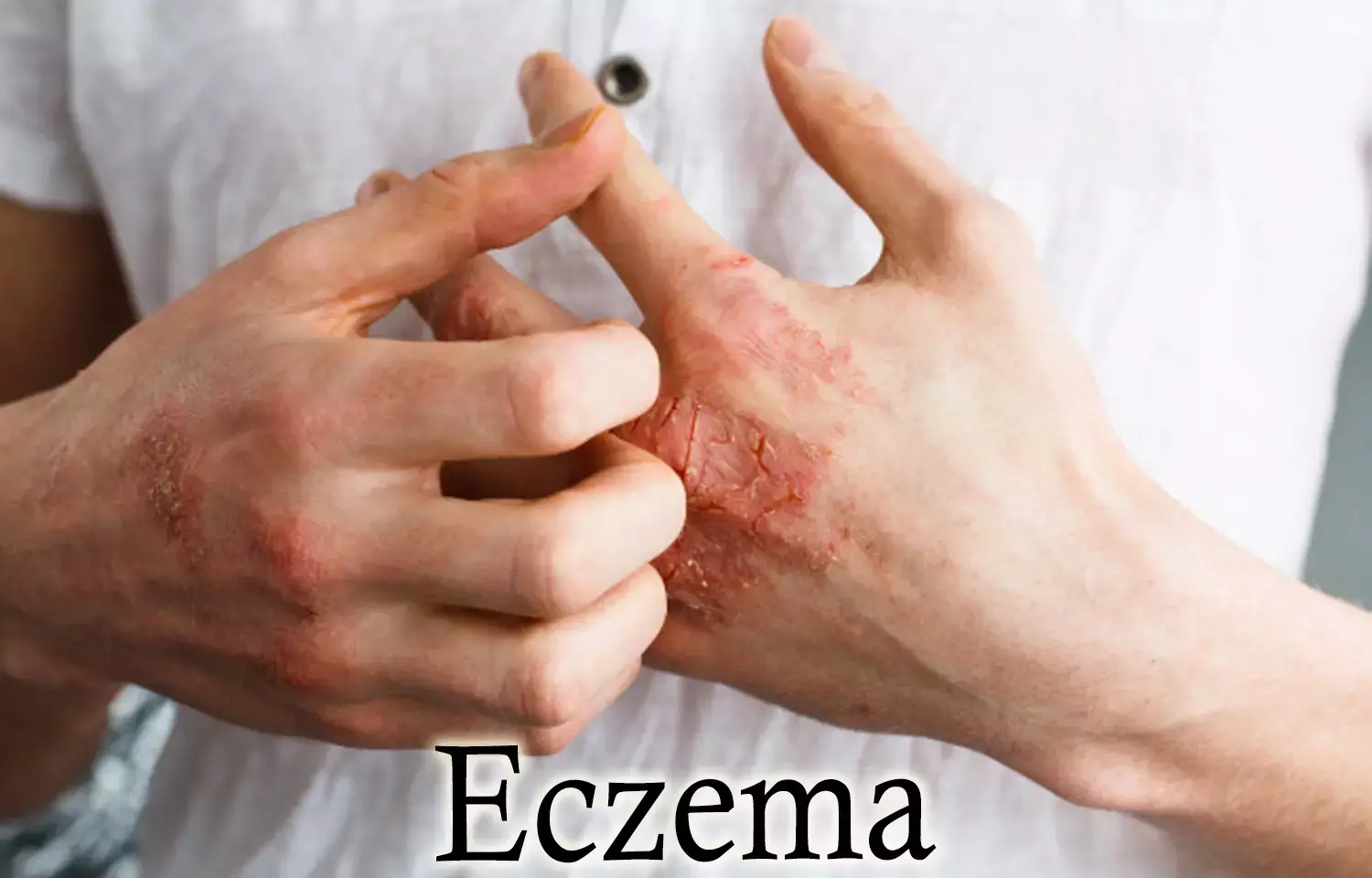- Home
- Medical news & Guidelines
- Anesthesiology
- Cardiology and CTVS
- Critical Care
- Dentistry
- Dermatology
- Diabetes and Endocrinology
- ENT
- Gastroenterology
- Medicine
- Nephrology
- Neurology
- Obstretics-Gynaecology
- Oncology
- Ophthalmology
- Orthopaedics
- Pediatrics-Neonatology
- Psychiatry
- Pulmonology
- Radiology
- Surgery
- Urology
- Laboratory Medicine
- Diet
- Nursing
- Paramedical
- Physiotherapy
- Health news
- Fact Check
- Bone Health Fact Check
- Brain Health Fact Check
- Cancer Related Fact Check
- Child Care Fact Check
- Dental and oral health fact check
- Diabetes and metabolic health fact check
- Diet and Nutrition Fact Check
- Eye and ENT Care Fact Check
- Fitness fact check
- Gut health fact check
- Heart health fact check
- Kidney health fact check
- Medical education fact check
- Men's health fact check
- Respiratory fact check
- Skin and hair care fact check
- Vaccine and Immunization fact check
- Women's health fact check
- AYUSH
- State News
- Andaman and Nicobar Islands
- Andhra Pradesh
- Arunachal Pradesh
- Assam
- Bihar
- Chandigarh
- Chattisgarh
- Dadra and Nagar Haveli
- Daman and Diu
- Delhi
- Goa
- Gujarat
- Haryana
- Himachal Pradesh
- Jammu & Kashmir
- Jharkhand
- Karnataka
- Kerala
- Ladakh
- Lakshadweep
- Madhya Pradesh
- Maharashtra
- Manipur
- Meghalaya
- Mizoram
- Nagaland
- Odisha
- Puducherry
- Punjab
- Rajasthan
- Sikkim
- Tamil Nadu
- Telangana
- Tripura
- Uttar Pradesh
- Uttrakhand
- West Bengal
- Medical Education
- Industry
High Topical Corticosteroid Phobia Reduces Treatment Adherence in Chronic Hand Eczema Patients: Study

According to researchers, nearly half of the adults with chronic hand eczema (CHE) have long-term health concerns over the use of topical corticosteroid (TCS), and over one-third of affected patients demonstrate at least some degree of fear about application. A recent study was published in the Journal of the American Academy of Dermatology. The study was conducted by Christensen and colleagues.
The investigation aimed to assess patient-reported outcomes related to the use of TCS and was conducted among a subgroup of participants from the Danish Skin Cohort (DSC). Fear and beliefs of patients toward TCS were measured using the TOPICOP scale, and adherence rates among patients were assessed using the Medication Adherence Report Scale (MARS-5). The results of the study are quite relevant because the majority of patients with CHE are requiring proper information about TCS.
The study involved 1340 eligible patients from the DSC and focused on 927 (69.2%) who participated in the study. Of this population, 71.7% were women with a mean age of 55.4 years. The mean age at onset of TCS in chronic hand eczema was set at 35.9 years. Information on current and previous TCS use has been obtained. Secondly, information on patients' adherence to prescription-taken treatment as well as about their attitude towards TCS has been collected.
Key Findings
• A total of 345 (37.2%) participants said that they were actively using TCS, while 251 (27.1%) participants reported any use of them in the past three to twelve months. Key findings in the study were as follows:
• 48.9% of patients either completely agreed (12.1%) or almost agreed (36.8%) that TCS could harm their future health.
• 73.4% patients with mild disease and 81.8% patients with severe disease felt that TCS could harm their skin.
• 36.3% of patients were afraid of TCS not knowing the side effects, while 64.1% complained about the overuse of TCS.
• 40.0% of those who are using TCS responded that they did not know of any side effects but fear to use TCS.
• Nearly half of all patients (47.4%) said that they do not stop the treatment without a delay, and 30.5% report repeating early discontinuation.
• Treatment Adherence and TCS Phobia
•The overall median TOPICOP score was 51.9% and represented a moderate degree of fear related to corticosteroids among the patients. Other findings included:
•38.8% of the patients reported taking less medication than prescribed, often or very often. Greater TOPICOP scores were associated with lesser medication adherence as indicated by MARS-5 results (β = –0.02; 95% CI, –0.031 to –0.006; P <.005).
• Increased fear of TCS was also related to low adherence, and patients had increased scores in the fear domain of the TOPICOP scale (β = –0.02; 95% CI, –0.029 to –0.009; P <.005).
The topical corticosteroid phobia is highly prevalent among patients with CHE and is closely associated with poor adherence to medication. The researchers call for increased education among patients and healthcare professionals aimed at dispelling fears associated with use of TCS. This also depends on improving non-steroidal treatments for CHE in an effort to improve patient outcomes and adherence to treatment.
Reference:
Christensen MO, Sieborg J, Nymand LK, et al. Prevalence and clinical impact of topical corticosteroid phobia among patients with chronic hand eczema – findings from the Danish Skin Cohort. J Am Acad Dermatol. Published online August 22, 2024. doi:10.1016/j.jaad.2024.07.1503
Dr Riya Dave has completed dentistry from Gujarat University in 2022. She is a dentist and accomplished medical and scientific writer known for her commitment to bridging the gap between clinical expertise and accessible healthcare information. She has been actively involved in writing blogs related to health and wellness.
Dr Kamal Kant Kohli-MBBS, DTCD- a chest specialist with more than 30 years of practice and a flair for writing clinical articles, Dr Kamal Kant Kohli joined Medical Dialogues as a Chief Editor of Medical News. Besides writing articles, as an editor, he proofreads and verifies all the medical content published on Medical Dialogues including those coming from journals, studies,medical conferences,guidelines etc. Email: drkohli@medicaldialogues.in. Contact no. 011-43720751


